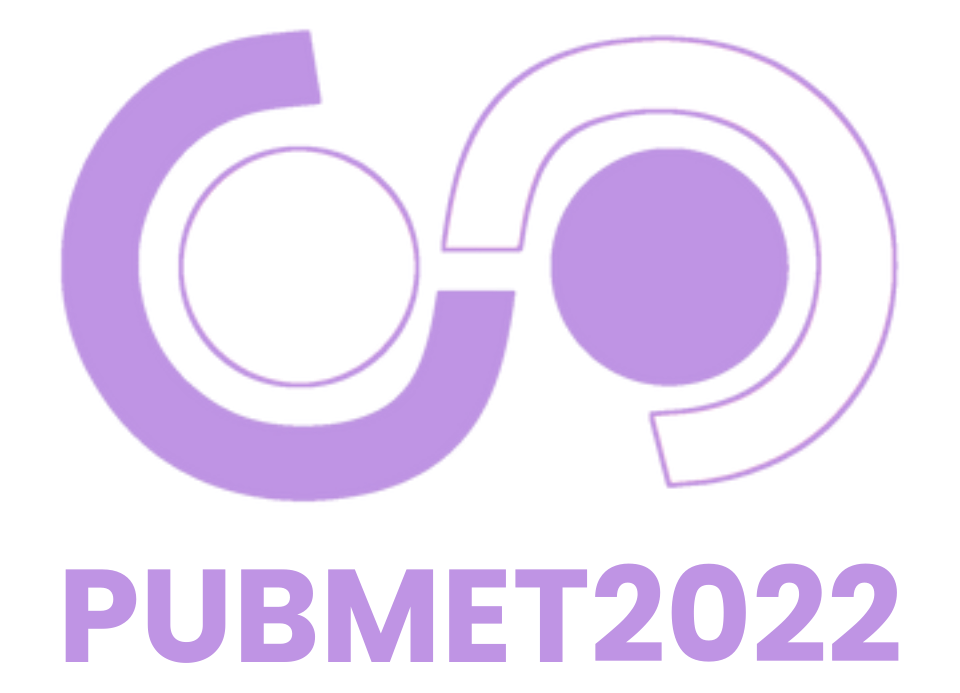The landscape of scholarly book publishing in Croatia: finding pathways for sustainable open access models

Even though open access to scholarly works is globally recognized today as a goal to be achieved as soon as possible, it is far clearer how to achieve this for journals than for books. Even organizations firmly oriented towards open access to all results of publicly funded research, such as Coalition S, acknowledge the complexity of book publishing and recognize that open access to books will require more complex models of realization over a longer period (COAlition S Statement on Open Access for Academic Books, 2021). The central role of books in scholarly communication in humanities and social sciences has resulted in intensified discussions on possible models for achieving open access in recent years, especially within organizations such as OPERAS (Stone et al., 2021), Science Europe (Briefing Paper on Open Access to Academic Books, 2019), SPARC Europe or Open Access Book Network (A Plan S for Books?, 2021). These documents and discussions portray European book publishing as a fragmented space, with many smaller nationally oriented markets in which there is no domination of several large publishers. It is clear that the models of transition to open access will not be unique for the whole European area. Diverse mechanisms and sustainable business models will be appropriate to different contexts.
In considering the most appropriate models of transition, an accurate and detailed insight into individual national and regional specifics can be of great importance. The aim of this research is to show the current state of scholarly book publishing in HSS in Croatia: recognising the key stakeholders, their characteristics, and the current level of open access to scholarly books. Existing data from two different sources will be used for this purpose.
The main source of funding to cover the costs of scholarly book publishing in Croatia are the direct subsidies from the Ministry of Science and Education. Given that data on grant recipients are publicly available, it is possible to gain insight into who publishes scholarly books, what types of books and what are the main types of book publishers (research performing institutions, small and medium-sized enterprises, scholarly societies, and other types of organizations). The analysis will be based on data from the recent period (2018-2021) and will also use the insights from the previously published analysis of the same funding scheme in the earlier period by F. Horvat and Z. Velagić (2020).
Another source of data on published books by Croatian authors can be found in CROSBI, the Croatian Scientific Bibliography. Data on scientific books (monographs and edited books) published in the same period (2018-2021) will be reviewed. From CROSBI we can get additional information about book publishers who are currently active in Croatia in the SSH, but also about the existence of e-editions, and especially e-editions in open access. We can find information on different models of OA particularly useful: OA books on publisher platforms (“gold” model) and in open repositories (“green” model). Based on this, we can gain insight into the preferred mode of OA for different types of publishers. For open books available on publisher platforms, we can find out to what extent they meet some of the standards of digital publishing (quality assurance, standardized metadata and discoverability, licensing, indexing and preservation).
By analysing data from these two sources, we can get an overview of the current state of book publishing in Croatia in the SSH. Such a review can provide a good basis for designing future measures and creating a national open science plan and can also be a useful contribution to international discussions.
Iva Melinščak Zlodi
University of Zagreb Faculty of Humanities and Social Sciences Library
Zagreb, Croatia
ORCID ID: 0000-0001-6477-2016

